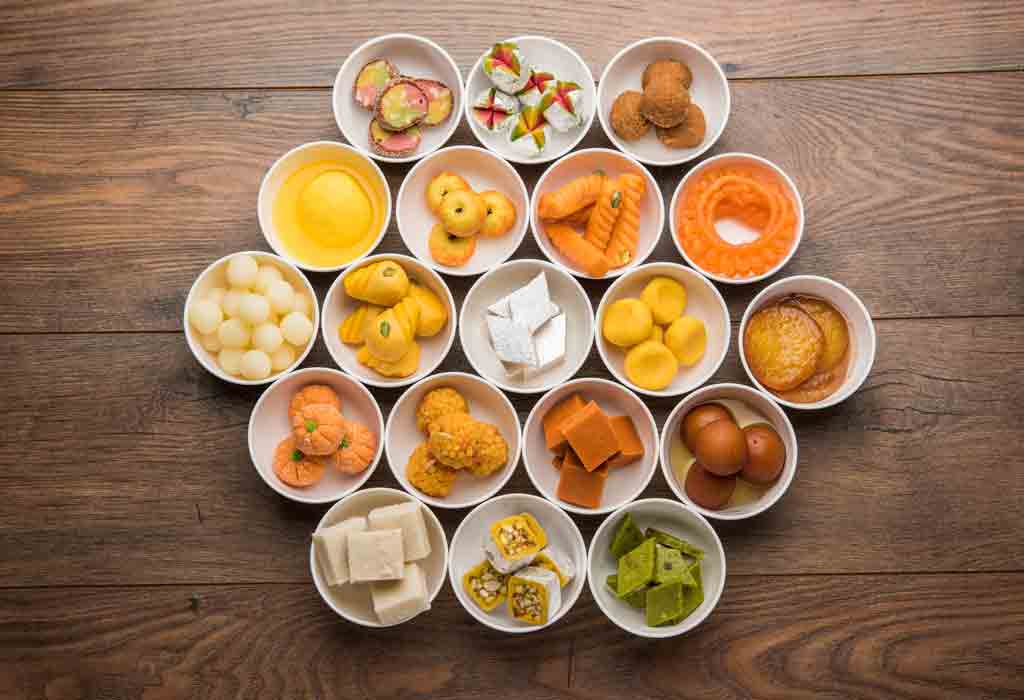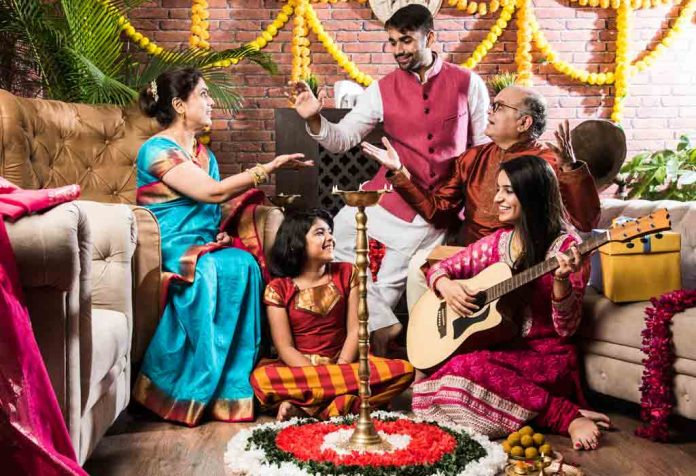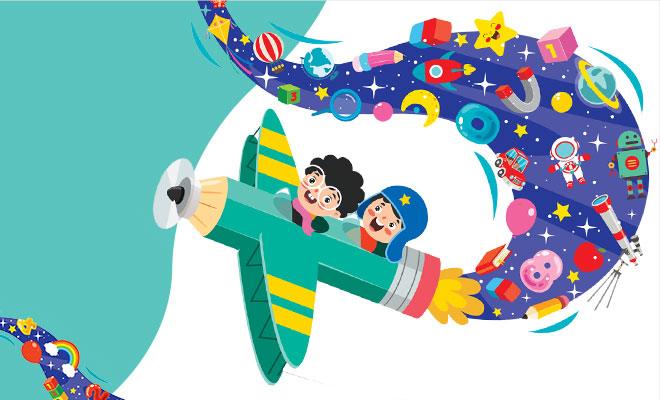Last Updated on October 12, 2022
Diwali, the festival of lights, and all the festivities it brings with it, has always held a special place in our hearts. It’s a time to reflect on what we’ve achieved so far, and give back in ways we deem fit. It’s a season for families to come together and just grow; learning from each other, their rights and wrongs, and finding ways to strengthen this bond that’s shared.
Thank you for reading this post, don't forget to subscribe!
The Diwali Culture
The beauty of Diwali in India is that each state has a unique way of celebrating the festival of lights. Within the states too, communities have their own type of celebrations that show the uniqueness of India – a country that boasts of several languages, histories, traditions, and cultures.
When we were children, Diwali meant large gatherings with friends and family, exchanging gifts, and bursting firecrackers together. Some of us may have voluntarily decided to stop bursting firecrackers as kids, and probably focused more on the gifting and eating that Diwali brings with it.

The way we celebrate has certainly changed over the years – from the type of gifts we get (an iPad is usually on top of the list for every age group!) to the way we dress, the experiences now have expanded to welcome all sorts of celebrations. From pottery classes to learn how to make diyas for gifting to even cooking classes to teach us recipes of old, there’s so much that’s going on.
Given that we live in nuclear families, Diwali is the time to spend with extended family, and for our children to spend time with the grandparents who may not live in the same city, and even aunts and uncles, remembering traditions of old, and fusing in bits and pieces of new experiences that are shared with our little ones.
Diwali – The Present
More than the gifts and the exchange of sweets, the time spent is precious, and children return with knowledge of their grandmother’s tales, and outings to see how their parents grew up. Diwali is also the time when cousins get together to bond, and this five-day period plays a key role in the relationships they hold as adults.
Diwali – The Future
The future of Diwali, in our opinion, will continue to be as it is now, albeit some minor changes. With most parts of India being on leave during this time, Diwali becomes the perfect time for family get-togethers. Gifting may change (we’re looking at gift cards and coupons to make decisions easier!), sweets may see a makeover – there already are options of dairy-free sweets for those who prefer plant-based food; and we’ll probably find a way to use crackers that don’t have all this stigma attached to it (yes, we’re sure someone’ll find a way to do this soon), and the experiences we share would change to reflect the times – we know of families who like to visit hill stations together and do some volunteer work in farms or even animal welfare societies – so there’s a lot that’ll be different, but in essence, it’s always a matter of preserving our past, and making sure our future carries that forward. From celebrations in school to even rangolis being done as a family, garlands being out up to mithais being made in the kitchen together – there’s always a hope that these never fade away.

New Traditions
We’ve spoken to new age parents who have changed a little with the changing times, and are doing their own unique thing to ensure that traditions don’t fizzle out.
Urmi Chanda, a Senior Program Coordinator at Seeds of Peace, tells us that she and her son, Jishnu, go to Kolkata every year during Diwali to spend time with Jishnu’s grandparents. “It’s my way of showing him how Bengal celebrates Diwali, and it’s also my way of imbibing Bengali culture into him,” she says. Their bond is special and this way, Jishnu gets to experience the old and add in bits he likes!

In a similar fashion, Rituparna Chatterjee, Deputy Asia Editor at The Independent, UK, has a unique way to celebrate Diwali with her son. “We design rangolis together. In 2017, when he was five, we made a dinosaur rangoli. I still have the photo from when we started this tradition! We have different themes every year, the most recent was Minecraft,” she says.

Another parent we spoke with, Divya Sridharan, Editor at ServiceNow, has a really cute tradition she’s started with her daughter, and added her own bits too!
“We celebrate Navaratri and Diwali at home by stacking dolls on steps. The steps have to be in odd numbers. It is called ‘Golu’ in Tamil. While it is done with much fanfare down south, we do it modestly here mainly to ensure the tradition is followed. But, we like to add our little twist to it by adding my daughter’s favourite toys to the mix! She loves dogs, so all her toys that are dogs are added on the last row! In the evenings, women are invited home to see the ‘golu’ and accept ‘haldi-kumkum’. Since the birth of my daughter, I’m more eager to set everything up and involve her in it.”

We’ve got a final #hatke tradition to share! Sakshi Vijay, a lawyer and a mom of one, has this to share. “Rihun’s first Diwali arrived at a time full of uncertainty. We were all locked inside our homes, Rihun had not even met his grandparents and any other family members. I wanted them to feel Rihun in some way with them during the festival, apart from the usual video calls.
Rihun was only about 6 months old, but I realised that he enjoyed the process of putting his thumb in turmeric water and pressing it against a piece of paper.
That is how we started our Diwali greeting tradition. The first year it was a piece of paper with his thumb impression reaching out to his family. The next year he could hold a pen, so we sent doodles. This year he has learnt how to use stickers, so we will be sending greetings with him pasting stickers of his choice on them.
We enjoy our little artwork time while making the greetings and are so excited to get calls with a happy tone in the voice when the post is received (and once we even got a letter in the reply!)”

While there’s a lot to think about in terms of how we’d want to celebrate this festival in the future, it’s so promising to see how everyone has added their own little bits to make it so special for them!
Do you have an interesting Diwali tradition to share? Tell us what it is in the comments below!











